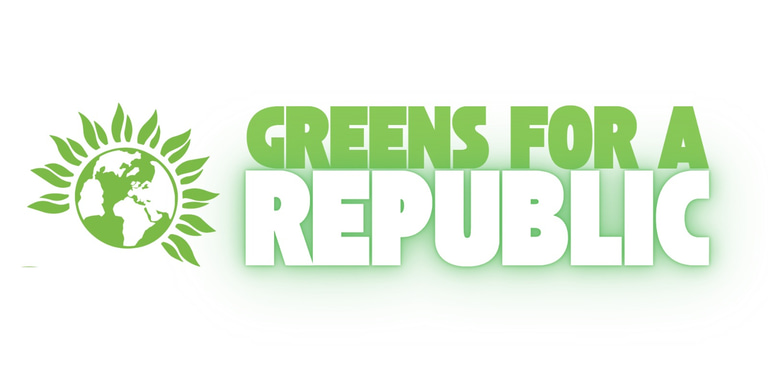How does the royal family undermine the Nolan Principles?
The Nolan Principles—also known as the Seven Principles of Public Life—were established in 1995 to guide the conduct of those in public office in the UK. The Royal Family violates every single principle.
9/5/20252 min read
Although the royal family is not elected, they are publicly funded, hold significant ceremonial and symbolic roles, and therefore are expected by many to uphold these standards. The monarchy has violated these principles on many occassions:
1. Accountability
“Holders of public office are accountable to the public for their decisions and actions and must submit themselves to the scrutiny necessary to ensure this.”
The monarchy is largely exempt from public scrutiny:
The royal household is not subject to the Freedom of Information Act.
Prince Charles (now King Charles III) previously lobbied ministers in secret (“black spider memos”), raising concerns about a lack of transparency and accountability.
2. Openness
“Holders of public office should act and take decisions in an open and transparent manner.”
The royal family is often opaque in its finances, decision-making, and influence:
Details of public spending by the monarchy are not fully disclosed, and royal wills are sealed, unlike those of ordinary citizens.
There are persistent concerns about secrecy over royal lobbying, land ownership, and financial dealings.
3. Integrity
“Holders of public office must avoid placing themselves under any obligation to people or organisations that might try to influence them…”
There have been controversies that raise integrity questions:
Prince Andrew’s ties to Jeffrey Epstein.
Reports of "cash-for-honours" allegations involving Prince Charles’s charity, where donations from foreign nationals were allegedly linked to honours or access.
4. Selflessness
“Holders of public office should act solely in terms of the public interest.”
Critics argue that some royals have acted in self-interest:
Use of public money for luxury renovations (e.g. Frogmore Cottage).
Lavish spending during times of national austerity.
Use of royal exemption from laws, like environmental regulations or inheritance taxes, to preserve private wealth.
5. Leadership
“Holders of public office should exhibit these principles in their own behaviour and treat others with respect.”
The monarchy sets the tone for public life, and incidents like:
Prince Andrew’s conduct and lack of public accountability.
The institution’s handling of Meghan Markle’s allegations of racism and neglect.
—have led many to question whether the royal family consistently demonstrates ethical leadership.
6. Honesty
“Holders of public office should be truthful.”
There have been accusations of misleading the public:
Palace communications have been criticized for spinning narratives, particularly around controversial family issues.
Questions have been raised about the truthfulness of public statements, especially in relation to internal royal disputes and scandals.
7. Objectivity
“Holders of public office must act and take decisions impartially…”
While royals are meant to stay politically neutral:
Charles’s lobbying activities have blurred lines.
The institution has at times appeared to exert influence on legislation, especially through the little-known process of "Queen’s Consent", where royal approval is sought before Parliament can debate laws affecting crown interests.
In Summary:
The royal family has violated or at least undermined the seven Nolan Principles. These concerns fuel the argument that, as unelected public figures, the monarchy should be held to higher standards of transparency, ethics, and accountability.


